Posted on July 12, 2021 by IntraBalance - Supplements
Posted on June 29, 2021 by IntraBalance - Sleep Health
Posted on June 21, 2021 by IntraBalance - Sleep Health
Posted on June 14, 2021 by IntraBalance - Sleep Health
Posted on May 18, 2021 by IntraBalance - Productivity
Posted on May 10, 2021 by IntraBalance - Sleep Health
Posted on May 3, 2021 by IntraBalance - Sleep Health



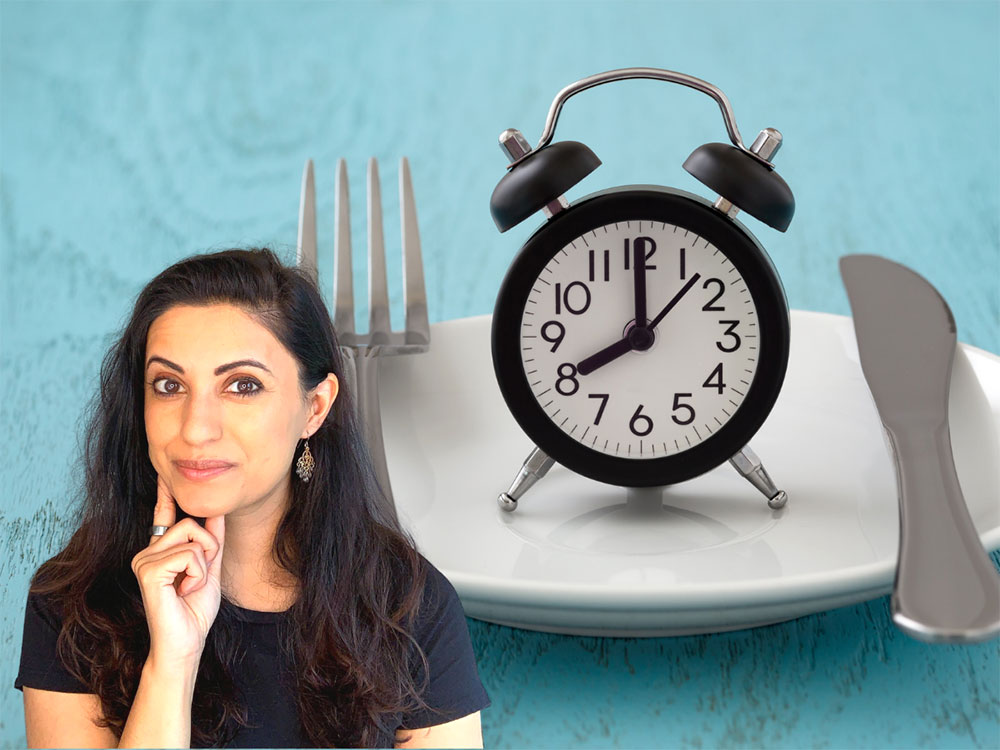

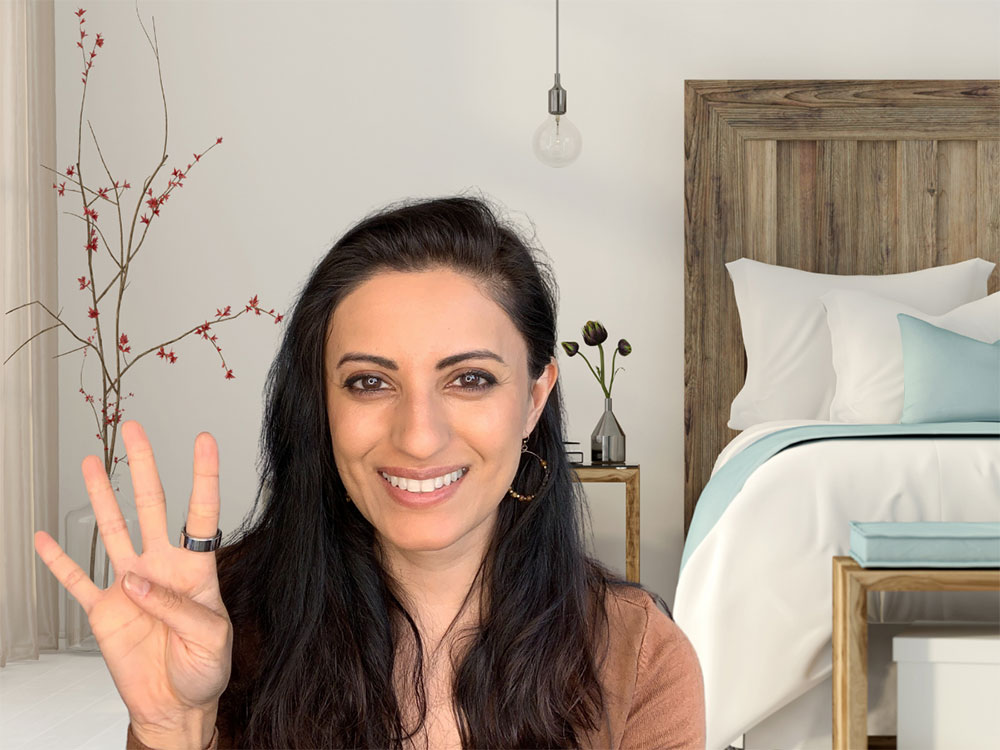

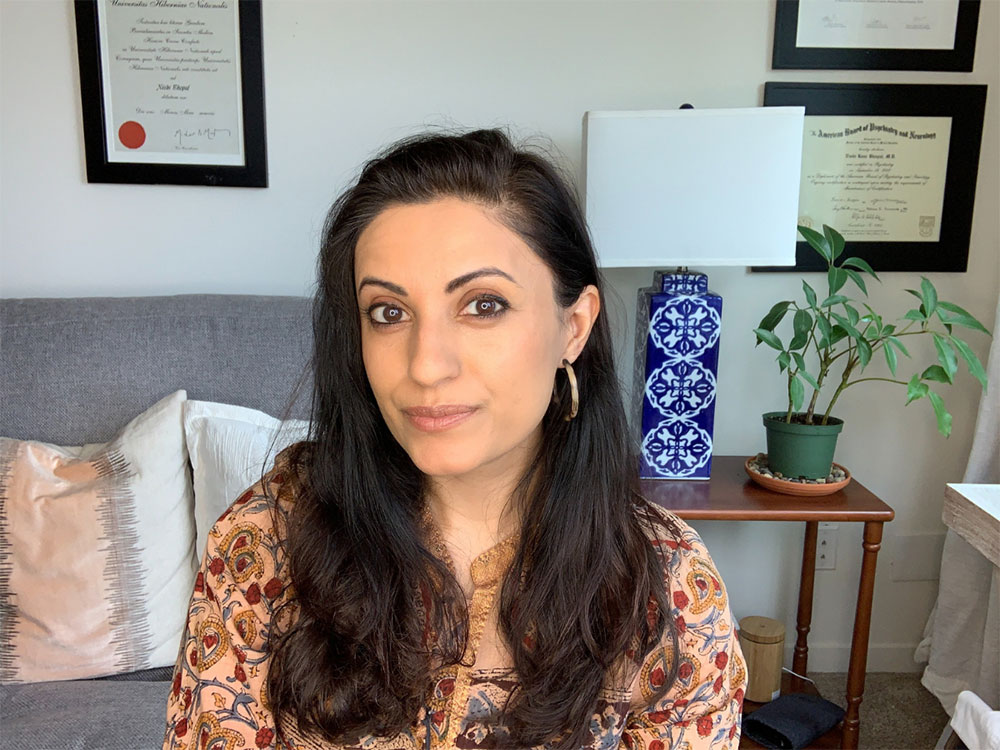
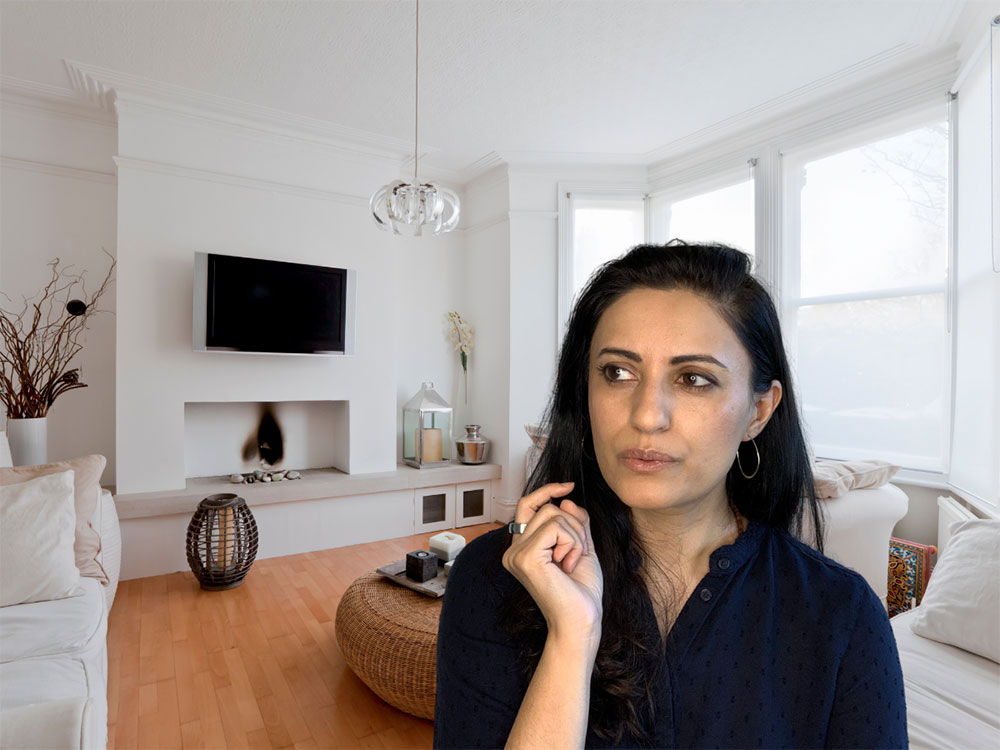
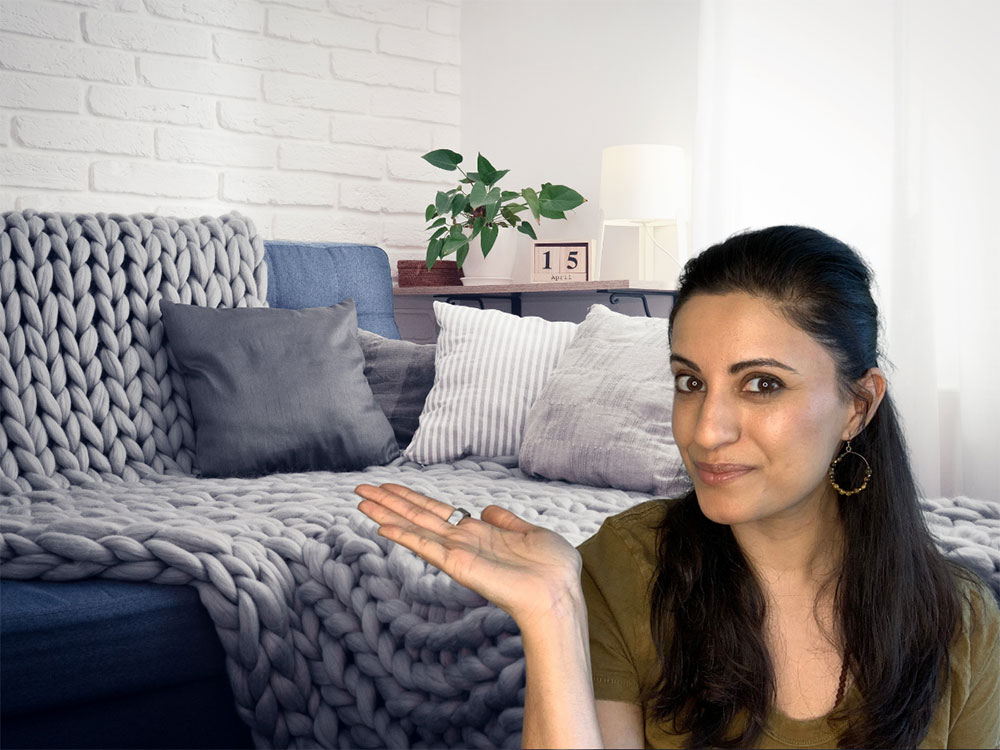
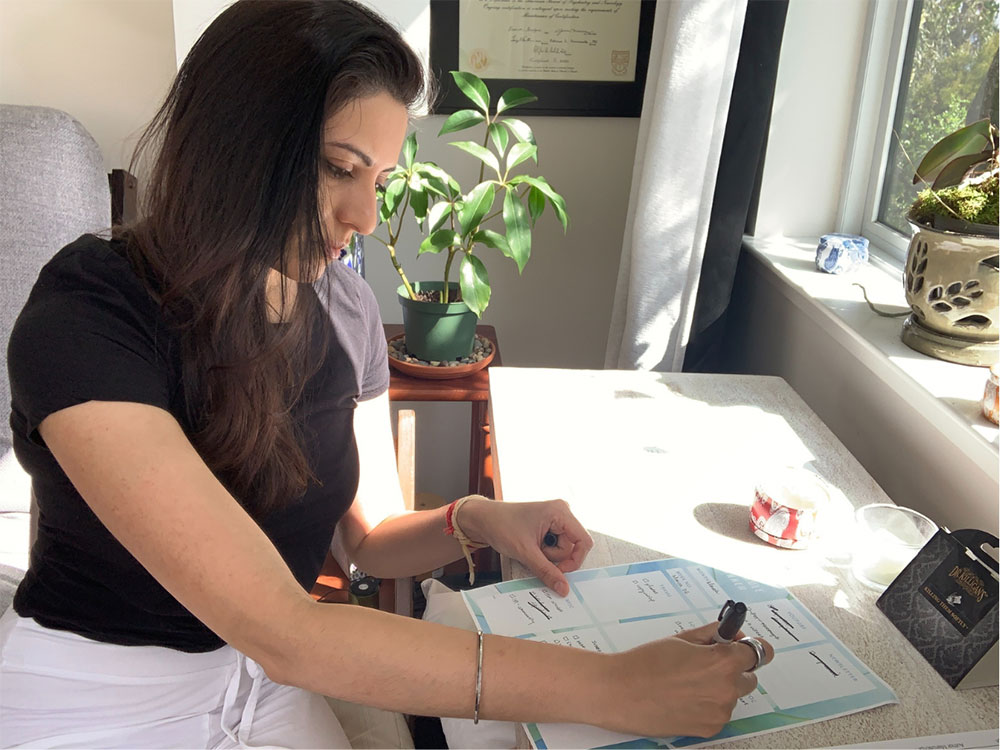
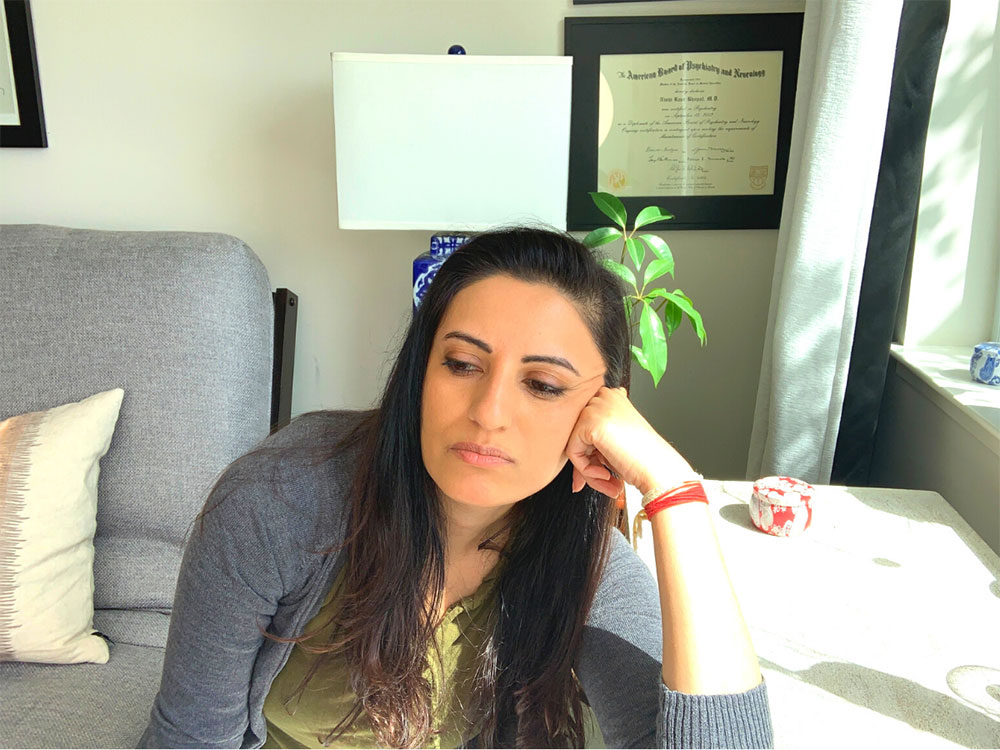
Recent Comments